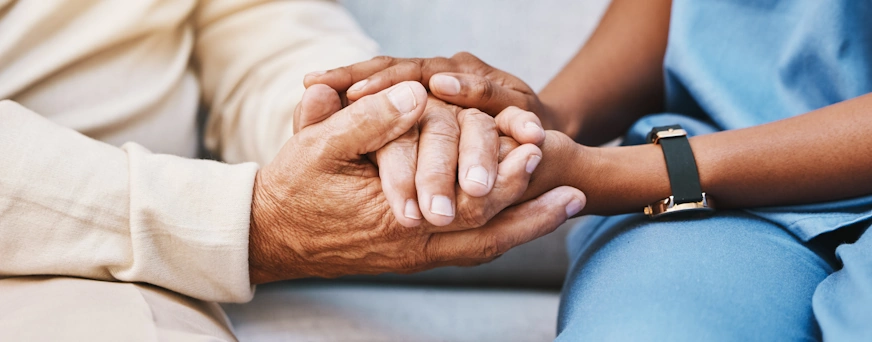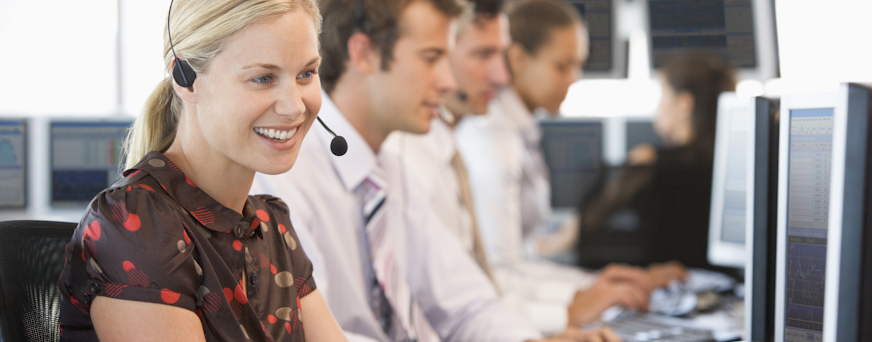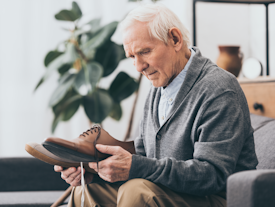Heart Monitor Watch for Seniors: How Technology Can Help Track Heart Health
As we age, we need to maintain our heart health. For elderly people, tracking heart health may be a lifesaver in managing a condition or possibly preventing a problem from developing.
A heart monitor watch is an effective and easy way for the elderly to monitor heart rates and detect irregularities. Technology advancements have made it more accessible, user-friendly, and highly beneficial for the elderly.
This article explores how these devices work, their features, and tips on choosing the right heart monitor to watch for seniors.
Life Assure Product Quiz
Take our 30 second quiz and discover which Life Assure medical alert device is the right fit for you or a loved ones.
Life Assure Product Quiz
Take our 30 second quiz and discover which Life Assure medical alert device is the right fit for you or a loved ones.
How Does a Heart Monitor Watch Work for Seniors?

A heart monitor watch can track the heart activity of the wearer at all times through advanced sensors that can continuously record and measure real-time data.
The wearer gets instant alerts regarding their heart health. There are three basic elements: detection of blood flow, heart rate, and rhythm by using sensor technology.
So, here’s the detailed working mechanism of a heart monitor watch for seniors:
Optical Sensors (often called photoplethysmography or PPG):
All heart-monitor watches employ optical sensors, emitting light into the skin and detecting variations in the flow of blood. Such sensors measure the variation in absorbed and reflected light as seen from blood vessels.
Variations are thus recorded under the skin by optical sensors every time a heart pulse arrives and pushes volumes of blood. From these recorded changes, a heart rate is computed.
Electrocardiogram Technology:
Some smart heart monitor watches include ECG sensors that measure the electrical signals the heart produces. The watch consists of electrodes that capture the tiny electrical impulses that cause heartbeats.
The device, with those impulses, can determine the heart's rhythm and identify irregular heart rhythms, such as atrial fibrillation or arrhythmias. ECG technology provides a more precise and detailed reading than optical sensors.
Real-Time Data Processing:
After taking heart rate or rhythm data, the heart monitor watch processes it in real-time. The watch will either show it or send it to a smartphone or an app to analyze it further.
The processing algorithms define the heartbeat patterns and give notations, e.g., the suspect of the occurrence of an irregular heart rhythm, which may be a health problem.
Alert Mechanisms:
In case of abnormal readings by the heart monitor watch, including a high or low heart rate, or irregular heartbeat, it gives alerts to the wearer.
Some models may even alert caregivers, family members, or healthcare providers using connected apps or emergency alert systems. This helps the wearer obtain prompt attention if heart arrhythmias or other sudden cardiac events occur.
Battery and Power Efficiency:
Heart monitor watches are designed to work continuously all day and night. They, therefore, use low-energy sensors and power-efficient processing systems. This will ensure that the watch can run for several hours, which is usually between 24 and 48 hours, before being charged.
Features of a Heart Monitor Watch for the Elderly
When choosing a heart monitor watch for seniors, it is important to know the basic features that will ensure it meets the needs of the user. Here are the key features to look for:
Heart Rate Monitoring:
One of the prime aims of a heart monitor watch is to record the heart rate constantly, thus spitting out the data that helps one see potential problems in real time.
ECG or EKG Functionality:
There are some that come with an ECG function, which can show abnormal heartbeats such as atrial fibrillation. This tool proves to be beneficial for old individuals who have some cardiac issues in their history.
Emergency Alerts:
In the event of a detected health anomaly or an unusual reading, some of the watches have emergency alert facilities. They may automatically notify a caregiver or medical professional who will take quick action.
GPS Tracking:
Some have GPS capabilities that are perfect for older adults experiencing memory loss or even dementia. Using GPS, it will be possible to track where the wearer is located if one's memory fails.
Long Battery Life:
Seniors forget to charge their devices sometimes. So, the heart monitor watch for elders has a long-lasting battery life. Many heart monitor watches for seniors come with several days of battery life, thus less recharging time.
Easy-to-Read Display:
Seniors suffer from some form of visual impairment. Thus, it is crucial to opt for a heart monitor watch with a large, easy-to-read display. Some watches even come with voice-assisted features for easier interaction.
Water Resistance:
Water resistances are considered an important feature by ensuring the performance functions even when under normal activities, including hand washing and walking in the rain.
Tips for Choosing the Right Heart Monitor Watch

Buying the right heart monitor watch among seniors requires careful consideration. Among the hints:
Consult with a Healthcare Professional:
Before choosing a heart monitor watch for elders, it’s advisable to speak with a doctor or healthcare professional. They can provide recommendations based on the individual’s specific health needs.
Look for Comfort:
Since the watch will be worn for long periods, comfort is essential. Choose a lightweight yet adjustable strap that fits snugly without causing discomfort or irritation.
Check Compatibility with Health Apps:
Many heart monitor watches sync with smartphone apps for detailed analysis and monitoring. Ensure the watch is compatible with the apps you or your loved one use to track health.
Consider Battery Life:
This watch should be designed with the amount of time in mind; then, they could avoid numerous rechargings, but if some have the extra long-lasting time, up to 3-5 days, seniors will have a convenient time using their watches.
Browse Through User Reviews:
Most users will share insights on reliability, usability, etc. Try for models with nice reviews for your seniors.
Assess Price vs. Features:
Many heart monitor watches are affordable, but some of the high-end models have extra features such as ECG monitoring or GPS tracking, which can get quite pricey. Consider a balance between price and the features needed to be targeted by the user.
Consider Future Needs:
Considering future health needs, most seniors may end up needing additional care as they progress in age, and a good quality watch that perhaps monitors blood oxygen or tracks sleeping patterns would make better for them.
Conclusion
A heart monitor watch for seniors is essential in managing heart health, giving peace of mind to both the senior and the caregiver. With the right features and careful consideration, it can become essential to daily health monitoring, ensuring timely intervention when needed.












 Get Help With The Push Of
A Button
Get Help With The Push Of
A Button















